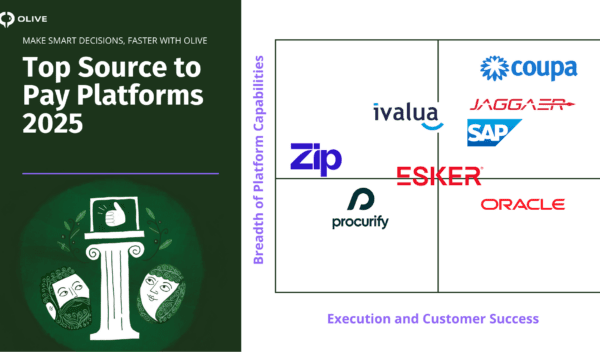The world of IT consulting is rapidly evolving. Economic fluctuations, coupled with the rise of freelance and specialized consultancies, have led to a highly competitive environment. Despite these challenges, the demand for IT consulting services remains strong. To succeed in this competitive landscape, IT consultants need a comprehensive business plan. A well-structured plan should include growth strategies, pay rates, expenses, marketing, equipment costs, training, qualifications, and technology. Here’s how to create an effective business plan for your consulting business in 2024.
Identifying the Target Market and Sector Analysis
Understand Your Target Market
Your target market comprises the customers who are the best fit for your services. Identifying this group will help you focus your marketing efforts and resources effectively. As Seth Godin famously said, “When you speak to everyone, you speak to no one.” It’s crucial to understand who your ideal customers are and where to find them. Conduct a target market analysis to set appropriate price points and tailor your services to meet their needs.
Defining Business Objectives and Unique Selling Proposition (USP)
Clarify Your Unique Selling Proposition
A USP summarizes what makes your business unique and valuable to your target market. It answers the question: How do your services benefit your clients better than anyone else’s? A clear USP helps define your business goals and provides a strong foundation for your business plan. Outline your business objectives with specific steps to achieve your goals.
Estimating Startup Expenses and Assets
Plan for Initial Costs
Estimating your startup costs is essential for avoiding unnecessary risks and staying on track during volatile months. Consider all potential expenses, including technology, furniture, insurance, marketing, legal fees, and miscellaneous costs. Whether you’re setting up a remote or in-person consulting business, having a clear understanding of your startup expenses will help you plan effectively.
Forecasting Overheads and Fixed Costs
Predict Fixed Overhead Costs
Fixed costs, such as office rental, software licenses, salaries, taxes, and insurance, are necessary to keep your business operating smoothly. Ensure your profit margins reflect these costs to maintain financial stability.
Developing a Marketing Strategy and Budget
Create a Cohesive Marketing Plan
A strong marketing strategy is crucial for launching your consulting business. This includes establishing your brand, creating a professional website, investing in social media and search marketing, and building a professional network. Strategically determine your marketing spend, funding requirements, loan collateral, and cost of interest to maximize your marketing efforts and avoid wasted resources.
Including Pay Rates, Revenue, and Cash Flow Projections
Manage Your Finances
Pay attention to your balance sheet to avoid cash deficits. Track your assets, liabilities, and shareholders’ equity to understand your financial health. Cash flow projections are vital for predicting future cash flows and planning spending decisions. They help you anticipate and avoid future cash flow issues.
Forecasting Sales in Monthly Intervals
Predict Future Needs
Monthly sales forecasts help you understand the future needs of your business and fine-tune predictions accordingly. This is particularly important for service businesses, which can be susceptible to revenue swings. The more predictable your revenue, the better you can manage your business.
Including Growth Projections and Strategy
Plan for Growth
A concrete growth strategy is crucial for the future success of your consulting business. Determine your targeted area of growth, invest in market research, set growth goals, plan your actions, and execute your strategy. This will help you navigate market fluctuations and ensure sustained business growth.
Leveraging Technology for Success
Utilize Software for Consultants
With the continuous evolution of technology, your IT consulting business plan should incorporate the latest technological developments and digitalization. Providing digital offerings will enhance your business’s appeal and increase your chances of securing funding. Software for consultants like Olive can be a vital differentiator, helping you manage and automate the software selection process, streamline technology evaluations, and facilitate agile collaboration with stakeholders.
Writing and executing a consulting business plan requires planning, strategy, and foresight. By leveraging the right automation technology and creating a comprehensive business plan, you can build a successful consulting business ready for 2024 and beyond. Olive’s tools can help you streamline processes, enhance collaboration, and deliver more value to your clients, ensuring your business thrives in a competitive environment.






